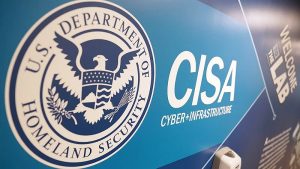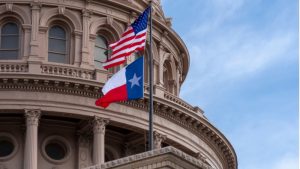The Ohio Department of Public Safety’s Office of Criminal Justice Services (OCJS) opened the third application window for its Ohio Body-Worn Camera Grant Program.
The Public Library Association has awarded $1.27 million to more than 200 public libraries to support digital literacy efforts and Affordable Connectivity Program (ACP) enrollment.
Boston University (BU) announced that it has formed an AI Task Force that will asses both the benefits and drawbacks of generative artificial intelligence, as well as define pathways for the use of the technology on campus.
Both teachers and administrators agree that education technology is key to improving the classroom, according to a new survey from edtech platform Clever.
The Alabama Community College System (ACCS) has selected a new learning management system (LMS) as part of a statewide initiative to transform and modernize its learning experience and increase student success.
The Cybersecurity and Infrastructure Security Agency (CISA) is adding new cybersecurity micro-challenges to its Cyber Careers Pathway Tool, which will give people interested in a career in cybersecurity the ability to interactively explore career pathways.
As artificial intelligence (AI) technology is seeing an explosion in interest and use cases in government, the governors of Pennsylvania and Virginia last week issued executive orders that aim to create baselines of policy for development of generative AI applications.
With wildfire season underway, the Washington State Department of Natural Resources (DNR) is turning to advanced AI technology to gain actionable intelligence to attack wildfires.
The Texas Department of Public Safety (DPS) has tapped Mission Critical Partners (MCP) to help the agency overhaul the state’s criminal justice information systems and operations.
Although the Federal government has numerous programs in place to provide financial support to aid the deployment of high-speed broadband to unserved areas, industry experts told members of Congress on Thursday that they’re not getting the “biggest bang for the buck.”













